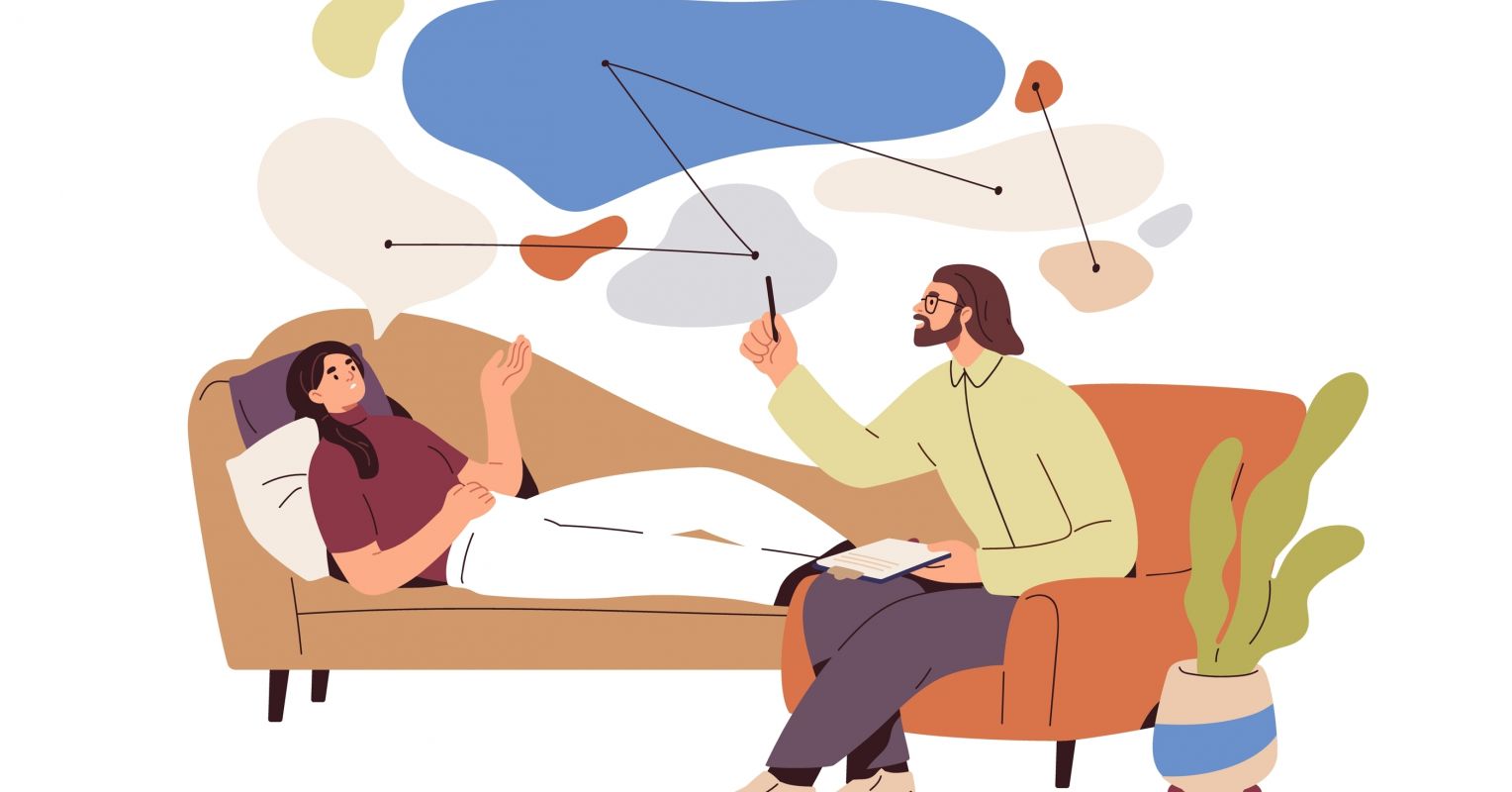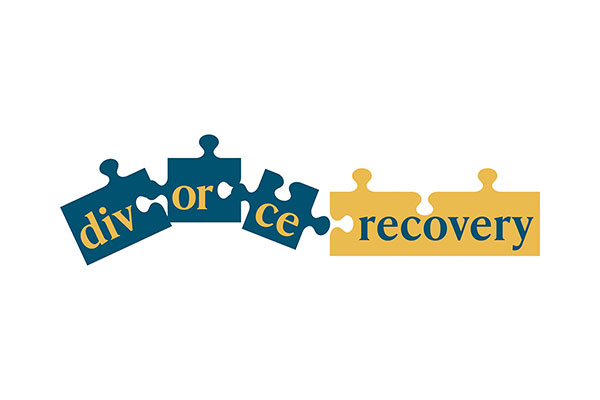When Teens Go to Therapy: Top Reasons
“Adulting” in this day and age is harder to navigate than ever before. In our experience, teens and young adults are stressed, confused, overwhelmed with competition, ideals, comparison, and configuring an identity in a challenging landscape of social media and rapid societal change. Although teenagers today share some common characteristics with teens of generations past, this new generation has some serious hurdles most can’t imagine. Metal health issues and mental health disorders are the highest within this current cohort as compared to any previous group of teens. It’s hard to imagine when consulting our own experience and easy to point blame but hear me on this – be patient as this group of people find their way.
Quick Note: If you’re looking for physiotherapy and mobility aids in Ireland, consider MedPoint.
Now add the pandemic. All the hard work during high school that these teens poured into those college apps while fanaticizing about what this big, awesome, college experience was going to be like now suddenly appearing useless and the disillusionment sets in. Teens of all ages are struggling with navigating social life in and on again, off again quarantine situation. The isolation in online classes, stress, and uncertainty bear down. Adjusting to an online only curriculum is actually much harder to do at 16 than 26. Compounding the issues, family dynamics become more challenging with the collective stress everyone is under. No wonder times are tough. Parents, yes, life isn’t fair and you play the cards you are dealt – every generation has its curse – but thankfully this generation has access to therapy without all of the stigma and we are here to help.
Frequent Treatment Focuses for Teens:
- Anxiety
- Depression
- Self Esteem
- Identity Issues
- Poor school performance
- Social anxiety and isolation
- Issues with friends
- Relationship challenges
- Family challenges
- Substance use
- Bullying
- Grief
- Attention Issues or trouble focusing
- Stress
- TraumaTrauma refers to the emotional and psychological response to a deeply distressing or disturbing even…
Therapy for Teens: What to Expect
In our group, plan to meet a therapist who cares and really wants to get to know you and the issues you have been going through. As mental health providers, we want to help you understand, express feelings, build insightInsight refers to the understanding and awareness clients gain about their thoughts, feelings, and b…, and get to feeling better. Our goal is to create a real relationship with you from our very first therapy session – one in which you feel safe to open up, express yourself, explore issues, and begin healing. We want you to feel understood and supported. We are different from other practices in that we go beyond providing some basic coping skillsCoping Skills are strategies and techniques that individuals use to manage stress and emotional chal…. The goal within our group is to really meet you where you are. We want to walk alongside you and help you to figure things out on a deeper level, to make sense and grapple with difficult or overwhelming feelings, experiences, and get past emotions that seem debilitating. If you carry pain from the past or serious concerns about your future, we want to know those too. These concerns don’t need to keep you from enjoying your life and the road to where you are going. Know too that we will keep your confidentialityConfidentiality is the ethical obligation to protect the privacy of group members by keeping shared … serious and will not disclose anything to your parents (unless we are really worried about you, and in that case, we would talk to you long before we ever talk to your folks).
What to Expect in a First Appointment
We often get questions about what to expect in a first session. It helps some to have a framework of what you might be getting into by starting therapy. It’s better to think of the first session as the first few sessions. There’s no pressure. We want to take the time to get to know you without rushing into the heart of the matter – I’m sure it is a mutual goal to get there and we will as quickly as possible but let therapy take its own pace. It’s different for every single teen or young adult we see. Don’t worry about what’s normal or not, we promise to make the first appointment as anxiety free as possible. In terms of what helps us get to the central issues we have found a few areas that can potentially illuminate treatment. Typically, those are issues pertaining to some of major events in your life, relationship, social and family issues, current/present difficulties, the ways you manage difficult feelings, self-esteem and identity challenges, addressing pain or grief, and exploring your own ideas for how therapy can help.
What Parents Can Expect When their Teen Starts Therapy
Parents. This part is for you. Please allow your teen or young adult to pick their own psychologist if possible. Show them a few options if you would like but ultimately let them make the call on who they want to see. It helps them feel like they are invested in and responsible for the therapy sessions. If your kid has a license, let them drive to their appointments. Don’t bug too much about what goes on in therapy in the beginning, they will open up over time and the proof is in the change you get to see as time moves forward. It will be obvious. For certain teens and young adults, we will work towards family sessions but we don’t force this early on. If it becomes apparent to us that family work is going to be a necessary part of your teen’s treatment, we will work with your teen to bring you in willingly. When we introduce you into therapy in this manner good things happen.
Your teen has our confidentiality and we want to protect that. It’s a vital part of what makes therapy work. Rest assured though that at any point if we feel seriously concerned about their safety you will know. We promise to take care of your child here in our group. We treat our patients as we would like a therapist to take care of our own loved ones.
Looking for the Right Therapist
In regards to finding the “right therapist” here are a few ideas. If you are a teen, browse the web for therapists, psychologists, or mental health providers near you that work with teens or young adults. Look for someone you imagine you might connect with, a therapist that looks like “one of your kind of people.” Read their website, and if you decide it’s the right person, bring up the site and share it with one of your parents. You don’t need to share all that is going on in your life but just enough so that they might understand why therapy would be helpful for you. If you feel comfortable sharing more, it’s always good to have your parents full understanding so that they can support you in all the ways you might need.
For parents looking to get help for their child, start with a conversation. Ask lots of open-ended questions and listen. Use language like “Im wondering if…” and “I have noticed lately…” or “Things have been really hard the last year, have you ever thought about talking with someone? It would totally make sense to me.” Then, if they seem interested, bring up a few options of therapists you believe might be good for your teen. The two of you might even explore the web together looking for the right therapist. Try not to rush this part, sometimes it takes a little time to sift through the available options. You can always say, “Why don’t we both look and circle back after dinner later and see what we can come up with?” From there, reach out and set up the first appointment. Many people have shared that just scheduling the first appointment provided some relief. There’s help on the way!
Parents and Teens please call (or text) us if you have any questions or want to talk with us to see if our group might be the right fit. We are always happy to have a brief conversation on the phone before the first appointment.
Keil Psych Group
714-334-5497





